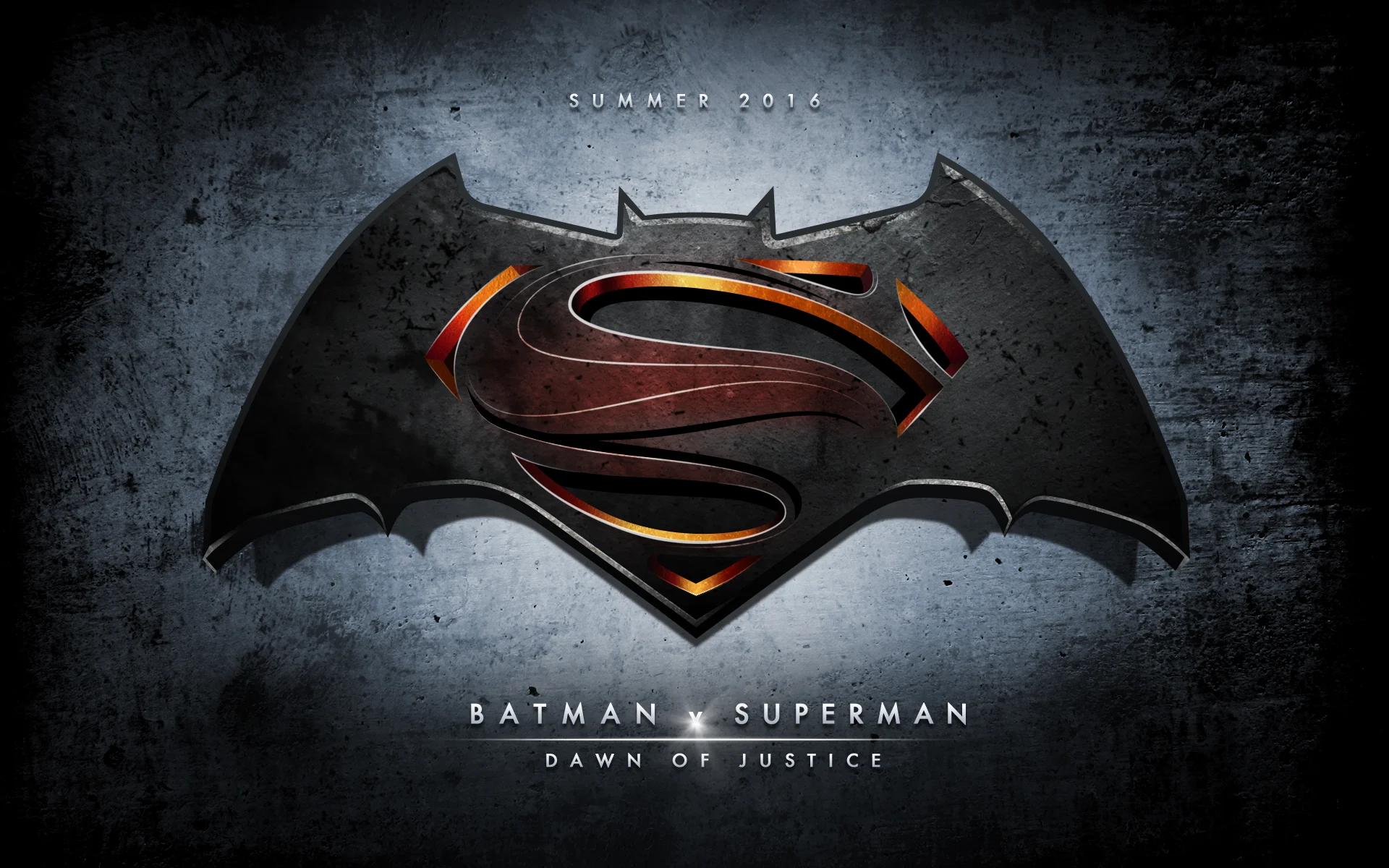I can't recall the last time I had so much fun with a film as flawed and frustrating as this one is.
Batman, Superman, and This Is A Long Movie
That's this movie realizing it sucks as the crowd walks out in mumbling silence.
numbers game
Someone from my church recently complained to me that our congregation was diminishing.
Come and Go
The airport fills with leaving,
but the leaves in Austin cling.
Covenant Prophecy in Ezekiel 11
This understanding of the historical pre-fulfillment of Ezekiel 11 before the time of Christ will be crucial to understanding other portions of the book.
Book Review: The Garden, The Curtain, and the Cross
This is a book both theological satisfying and artistically stunning. The Garden, The Curtain, and the Cross has become my favorite "biblical theology" for my children.
On the Bookshelf, March 2016
On the Bookshelf, March 2016
Baptism at Jordan
The baptism of Jesus was the epic renewal of the baptism of Joshua and Elisha as the leader in conquest.
Baptism of Priests
Only in this manner does baptism in fact save and provide us a clear conscience (1 Pet 3:10). In the Levitical sense, Christian baptism is a washing of water, Spirit, and blood of Jesus Christ.
The Tragedy of Transparency
Check if "transparent" people respond well to public criticism or rebuke after posting something public.
Book Review: Wolfgang Amadeus Mozart
It is a small window in the world of Barth and little more. But a precocious and sportive look it remains.
Exposition on Experience
The church must state that experience is neither the standard nor irrelevant. We can neither bow to experience nor deny its existence.
A Short Collection of Thoughts on Death
Christ's promise to me and my offspring rings louder than ever — "I will not leave you as orphans."
A Sure Mercy
Yes, even in this darkness and pain there is mercy.
Book Review: Wittenberg Vs. Geneva
I cannot list all the times I had to highlight misrepresentation. For interested Lutherans, Jordan Cooper's The Great Divide is infinitely more faithful in its depiction of the Reformed Tradition.
Her Very Presence Exudes Delight
We have our hands full of goodness with this precious little one!
Those Who Walk Among Noise
Minds with an appetite for triviality and vice, fed by a culture ever more at odds with the transcendent, will hardly think thoughts with which we want to be alone for any extended period of time.
Book Review: Foucault’s Pendulum by Umberto Eco
Here I stand. I can do no other.
Carry on, Jeeves.
Apologia for Affection
My affection for Barth grows with my agreement and disagreement with him.
Book Review: Participation in Christ
Neder clearly state that Barth does not affirm the “deification” present in Orthodox and Lutheran expositions. But neither does Barth disregard their questions and concerns as Reformed theology is inclined to do.




















